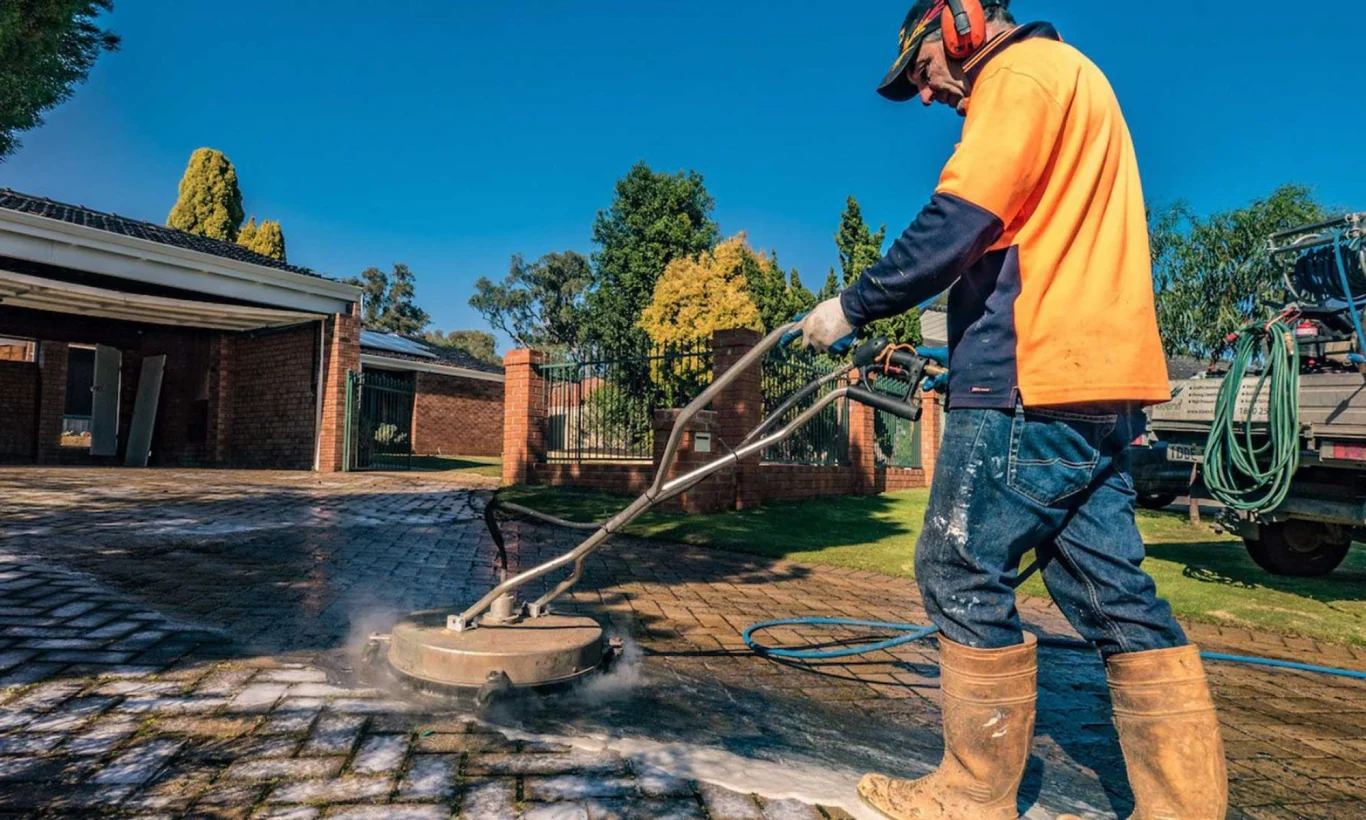Most commonly, memorial plaques are made of bronze, brass, stainless-steel, granite, marble and glass. Memorial plaques can also be made from materials like wood and stones.
For those who are willing to invest more in a commemorative item, silver and gold are the best options.
Modern technology allows for the engraving of various artificial materials. Materials such as porcelain, acrylic resin, and crystal are available.
Since the laser engraving equipment isn’t always suitable for granite or acrylic, it’s important to know which materials are acceptable. Plaques can be made using a variety of different marking techniques. It is important to know the differences between laser engraving and laser etching and what materials are appropriate for each. Ask your local service provider what materials they work with. They can usually provide both the slab or sheet metal for the plaque, as well as engraving.
What metal is best for outdoor plaques?
Bronze is the metal of choice for outdoor use. Bronze is a copper alloy with tin added. Cast bronze is thicker, harder and more durable due to its composition. Copper and tin, both rust-proof, are used in the alloy. A bronze plaque that has been engraved will last for a long period of time, regardless of the weather. It won’t tarnish and retain its legibility.
Outdoor plaques can also be made of cast or anodized aluminium and brass. They are vulnerable to vandalism, and they will wear out over time. The grade of stainless steel will determine whether it can be used to make outdoor signage and plaques.
What is the best material for an underwater plaque?
The best material to use for an underwater plaque is stainless steel. Marine applications typically use grade 316 stainless. This alloy contains 18% chromium and more than 88% nickel, with between 2 and 3 % molybdenum.
Molybdenum gives stainless steel its resistance to salt, making it perfect for harsher environments. A passive layer of chromium oxide is also present on the surface of stainless steel, which helps to prevent corrosion. This film prevents oxygen and moisture from penetrating the metal surface.
Underwater plaques remain constantly exposed to oxygen and humidity. Rust is a natural result. It is a good thing that stainless steel has an unmatched resistance to corrosion or rust underwater. If you choose stainless steel, your submerged plaque will stay intact and legible much longer.
Pros & Cons Of Plaque Materials
The durability of common plaque materials such as bronze, stainless steel and brass is what makes them so popular. These materials are also durable, making them perfect for engraving plaques. These materials have some disadvantages such as cost and maintenance.
Learn about the pros and cons of each plaque option.
Pros & Cons Of Bronze Plaques
Bronze plaques are popular because they require little maintenance and are durable. Bronze memorial plaques are often found in parks and gardens. They are easy to clean and tend to age well.
Bronze plaques will deteriorate over time. However, this is not necessarily a bad thing. Bronze plaques are also attractive because of the natural patina created by this process.
Patina can look like rust, but it’s also a beautiful look. Bronze plaques can develop a greenish film due to prolonged exposure. However, the vibrant colours that result from this process add to their visual appeal. The patina makes letters, borders and emblems of the plaques pop.
Bronze plaques can be used in a variety of locations. It will look great indoors or outdoors. Bronze plaques are a permanent way to honor a loved one.
Bronze plaques are expensive. Bronze plaques tend to be more expensive than stainless-steel and other options.
Anodised Aluminum Plaques: Pros and Cons
The lightweight nature of anodized aluminium plaques makes them ideal for indoor and outdoor usage. The plaques can be easily mounted on any platform, wall or stone.
The material becomes more durable by anodising it. It also improves its resistance to wear. Plaques also get a polished look. Also, there is no risk of surface finish fading or chalking. Anodised aluminum plaques can also be painted in a contrast colour to make them stand out.
The softness of anodised aluminum is a drawback. Plaques are more vulnerable to vandalism and damage. The plaques can bend or be damaged. Any impact can leave visible marks and dents.
Pros & Cons Of Brass Plaques
Brass is a durable metal with a stunning appearance, whether it’s painted or left natural. Brass plaques have a similar appearance to bronze, but with a gold-like shine that is more visible. Brass plaques are available in a variety of colours and shades due to the wide ranges of brass alloys. Brass plates are more resistant to seawater when mixed with tin. They can be used in naval and submerged applications.
Brass plaques are suitable for both indoors and outdoors, depending on the quality. They are best used indoors as they are more susceptible to wear and tear, vandalism and other damage than bronze plaques. Brass plaques are easily scratched and tarnished, so they need to be polished regularly to maintain their shine.
Brass plaques, like bronze, are more expensive than stainless steel.
Pros & cons of Stainless Steel Plaques
The stainless steel plaques are a great option for outdoor use, as they offer a balance between durability and affordability. These are an affordable option that can withstand the harshest weather conditions.
The stainless steel plaques have a surface that is resistant to corrosion and do not deform from environmental impacts or damage. The marine-grade stainless 316 steel can be used even underwater. It is resistant to most industrial solvents, chemicals and salt water.
Choose stainless steel if you prefer a more modern appearance for your plaques. The modern material is a great alternative to brass or bronze. Stainless steel plaques have a non-porous surface that makes them resistant to discoloration. They are also less likely to dent.
The stainless steel plaques will start to corrode once the protective film or surface is damaged. The corrosion will not cover the entire surface. It usually only affects the crevices of the design.
Pros & Cons Of Acrylic Plaques
Acrylic plaques offer a high return on investment. They are 30 times stronger than glass, and resistant to impact damage. Acrylic sheets will not shatter if dropped.
Acrylic is a transparent, colourless polymer. It’s also strong and durable. Acrylic plaques are made of a modern, translucent material that has the look and feel similar to glass without the weight or danger if they were damaged. They are 50% lighter than glass and therefore much easier to handle.
Acrylic plaques also resist the weather. These acrylic plaques can be used outside and will resist weathering while protecting their colour. These plaques are transparent and do not yellow over time. Acrylic plaques are also great because they can be customized. You can create a unique plaque for any purpose by using the acrylic. Add a solid colour to the background and you can create a 3D look.
Acrylic plaques offer a great option if you’re on a tight budget. They are cheaper than glass and have a similar appearance.
Acrylic plaques are more likely to scratch than glass. They can melt if exposed to direct heat and emit toxic fumes.
With so many options available, selecting the perfect plaque is a difficult task. Working with an engraving company like RENAUD Gravure that has experience can help you narrow your options. You will get reliable advice about which metal is best for your application and also learn your options in terms of laser engraving.
Your precious memorial plaque or commemorative plate will last a lifetime if you select the right material.


